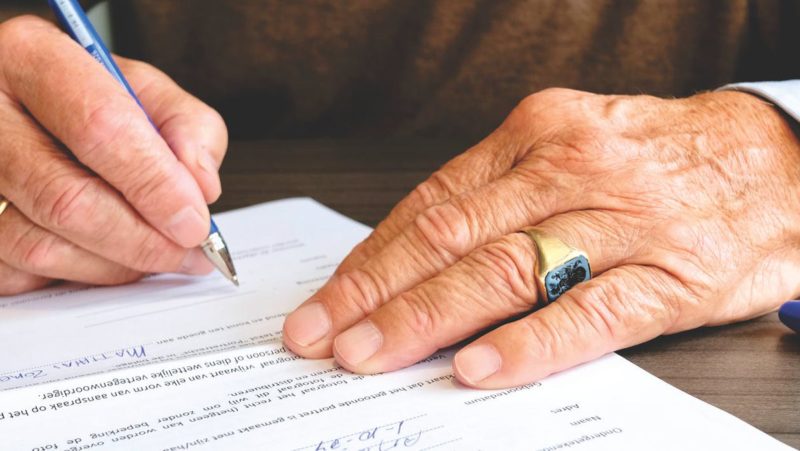What Attorneys Need to Know About the Drager 5000
By Eric Ganci
Police have a new addition to try and fight the war on impaired driving: the Drager 5000. This device swabs the person’s mouth/cheek area to screen saliva for non-alcoholic intoxicating substances, including amphetamines, cocaine, marijuana and prescription drugs. This test is given before arrest, and acts as a field sobriety test. For attorneys who may provide guidance on this new device, there are a few important things to note, both scientifically and legally:








